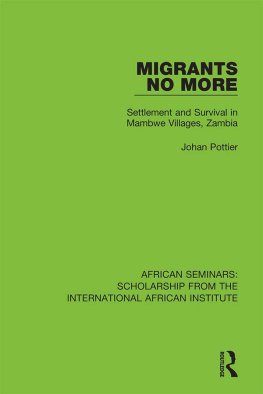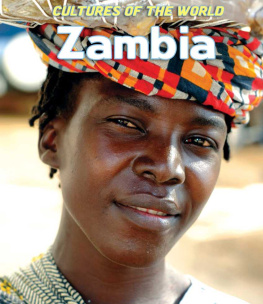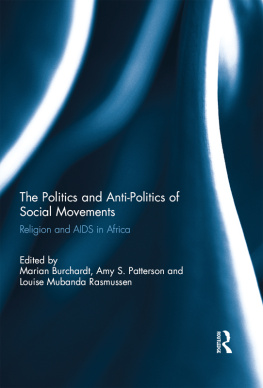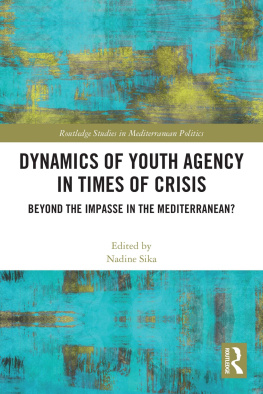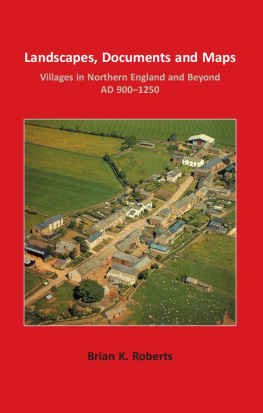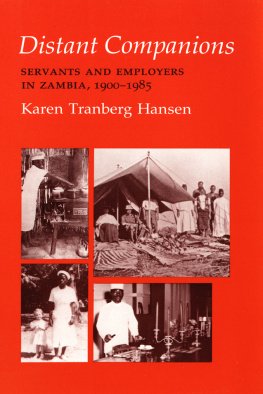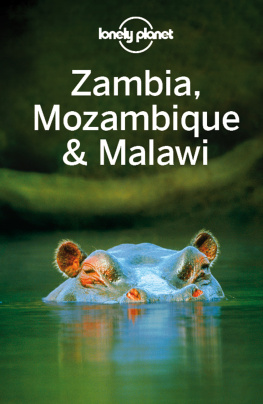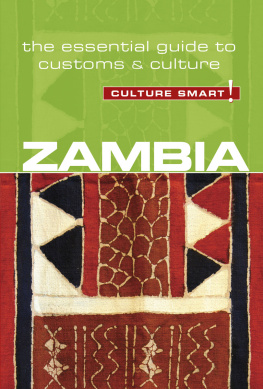First published in 1988 by Manchester University Press for the International African Institute
This edition first published in 2019
by Routledge
2 Park Square, Milton Park, Abingdon, Oxon OX14 4RN
and by Routledge
711 Third Avenue, New York, NY 10017
Routledge is an imprint of the Taylor & Francis Group, an informa business
1988 Johan Pottier
All rights reserved. No part of this book may be reprinted or reproduced or utilised in any form or by any electronic, mechanical, or other means, now known or hereafter invented, including photocopying and recording, or in any information storage or retrieval system, without permission in writing from the publishers.
Trademark notice: Product or corporate names may be trademarks or registered trademarks, and are used only for identification and explanation without intent to infringe.
British Library Cataloguing in Publication Data
A catalogue record for this book is available from the British Library
ISBN: 978-1-138-33510-3 (Set)
ISBN: 978-0-429-44366-4 (Set) (ebk)
ISBN: 978-0-367-00061-5 (Volume 7) (hbk)
ISBN: 978-0-429-44473-9 (Volume 7) (ebk)
Publishers Note
The publisher has gone to great lengths to ensure the quality of this reprint but points out that some imperfections in the original copies may be apparent.
Disclaimer
The publisher has made every effort to trace copyright holders and would welcome correspondence from those they have been unable to trace.
MIGRANTS NO MORE
SETTLEMENT AND SURVIVAL IN MAMBWE VILLAGES, ZAMBIA
Johan Pottier
Copyright Johan Pottier 1988
Published by Manchester University Press
Oxford Road, Manchester M13 9PL
British Library cataloguing in publication data
Pottier, Johan
Migrants no more: settlement and
survival in Mambwe villages, Zambia.
(International African library).
1. Mambwe (African peopleSocial
conditions
I. Title II. International African
Institute III. Series
305.8963 DT963.42
ISBN 0 7190 2810 8 hardback
Typeset in Great Britain
by Saxon Printing Ltd., Saxon House, Derby
Printed in Great Britain
by Biddles Ltd., Guildford and Kings Lynn
Zambia is no longer Northern Rhodesia, as I hope this book will show. The struggle for independence has changed much more than the countrys name. Nonetheless, certain economic imperatives have survived from the colonial past to the present, primarily the importance of mining copper and selling it on the world market. The vagaries of the copper market are such that they affect the lives of every Zambian, whether living on the Copperbelt or in the rural areas, and necessarily affect the policies of the Zambian government.
During fieldwork I have sought to collect data that are of interest to Zambias policy makers, whilst also seeking a link-up with Professor Watsons widely read Tribal Cohesion in a Money Economy: A Study of the Mambwe People of Zambia. Research conditions in independent Africa demand from the fieldworker that he or she follows an appropriate code of conduct. The issue is not unproblematic, as Professor Simons has emphasized in his Prologue to the African Social Research volume that marked the fortieth anniversary of the Rhodes-Livingstone Institute. Researchers on contemporary Africa, he explained, must expect to face a particular uncertainty.
Social scientists in liberated Africa are permitted, even expected, to provide radical interpretations of the colonial past. Researchers probe colonial systems, even traditional societies, for signs of class formation. Concepts formerly tabooed, such as class struggle, oppression, alienation, exploitation and revolution, are freely used as the focus and basis of analysis. It is less certain, however, whether as much licence is allowed in the study of contemporary self-governing states (H.J. Simons 1977: 272).
Fieldwork among the Mambwe of Mbala District was a testcase with regard to the licence that would, or could, be allowed. I have tried to record and to interpret my observations from the perspective of the people who inhabit the district of Mbala. The book focuses on ordinary people, both in a rural and an urban setting. Working within those two worlds, I enjoyed total freedom of movement, and never was there any attempt to impose that invisible hand of informal but pervasive censorship a constraint so typical of fieldwork conditions in colonial Zambia (Simons 1977: 27172; Epstein 1958). With this book I hope to pay tribute to the principle of freedom of discourse, a principle honoured by Zambian Humanism.
Unfortunately, tension did develop and damage was inflicted, when fieldwork ended abruptly in the aftermath of atrocious onslaughts by Rhodesian soldiers at Old Mkushi and other refugee camps. This occurred in November 1978, after I had spent 13 months in Mbala district. At that time extra security forces moved in to check on the activities of Mbalas residents. The peaceful town suffered intolerable frustrations. The white Rhodesian regime had aimed to strain peaceful relations within Zambia, and seemed to have succeeded. While I express my understanding of the immense problem which the Zambian authorities faced in late 1978, I equally express indignation at the way in which the growing tension led to unnecessary violations of the spirit of Zambian Humanism. I strongly regret that Mr Pearson Amon Simpungwe, who had been a committed and loyal assistant during the entire period of fieldwork, became subjected to brutal treatment during interrogations by the Zambian Air Force. Various authorities, including the Office of the President, were informed about the incident immediately after it had occurred. Despite the irreparable injuries he sustained, physical and mental, Mr Simpungwe remained in all his statements truthful about the objectives of my research. May his courage to uphold the truth never be forgotten.

